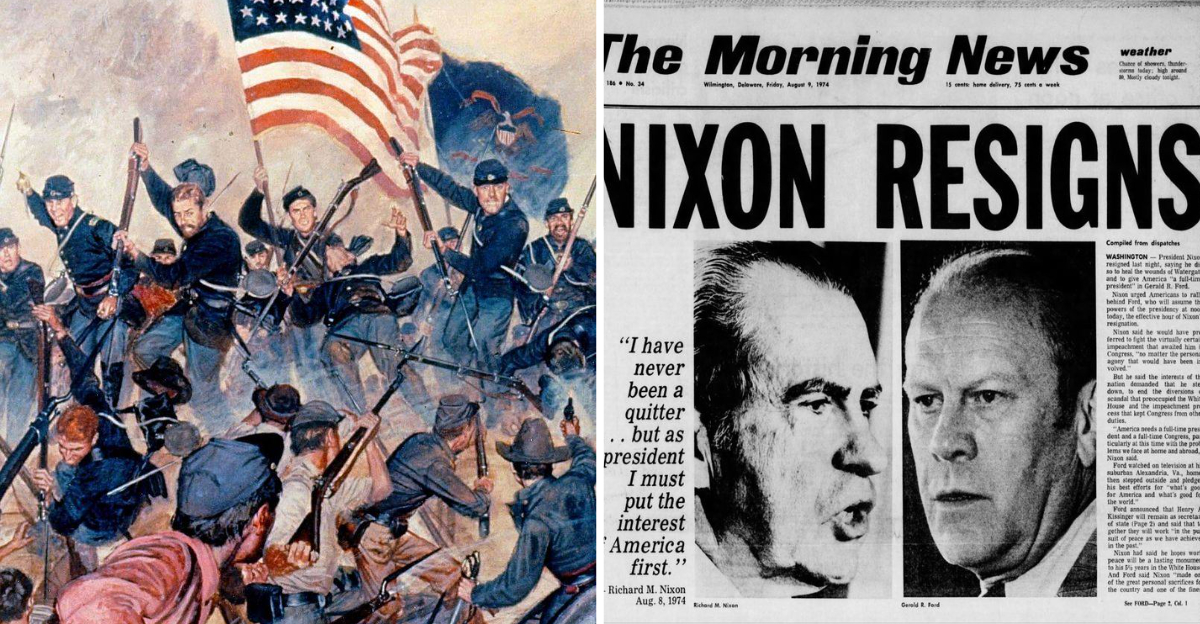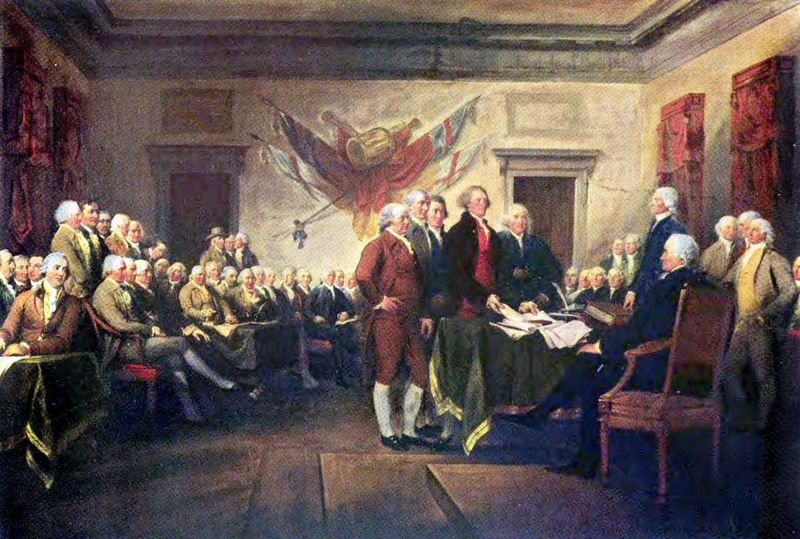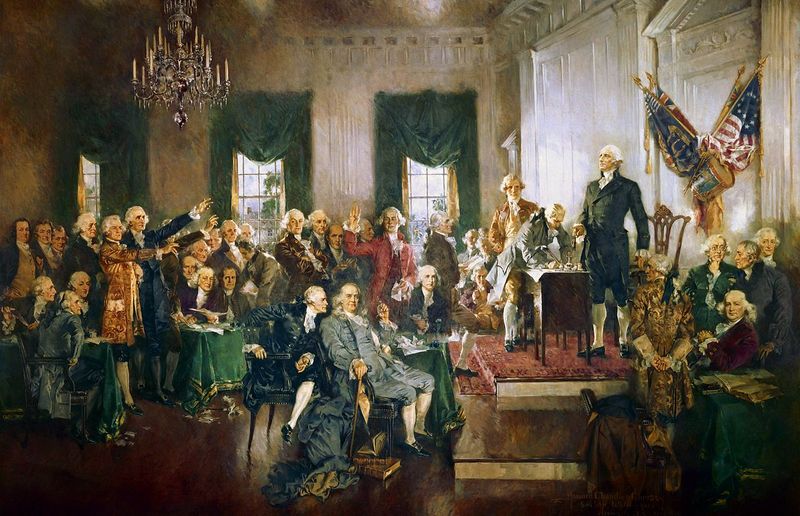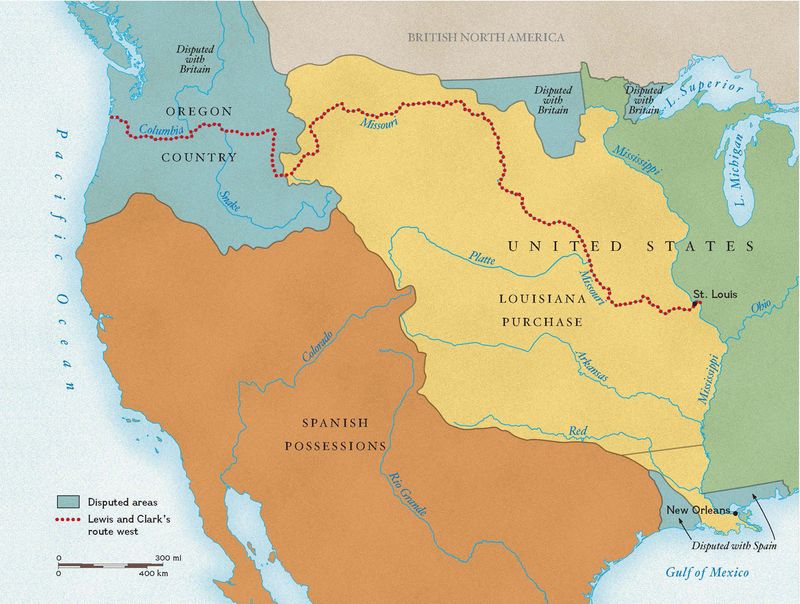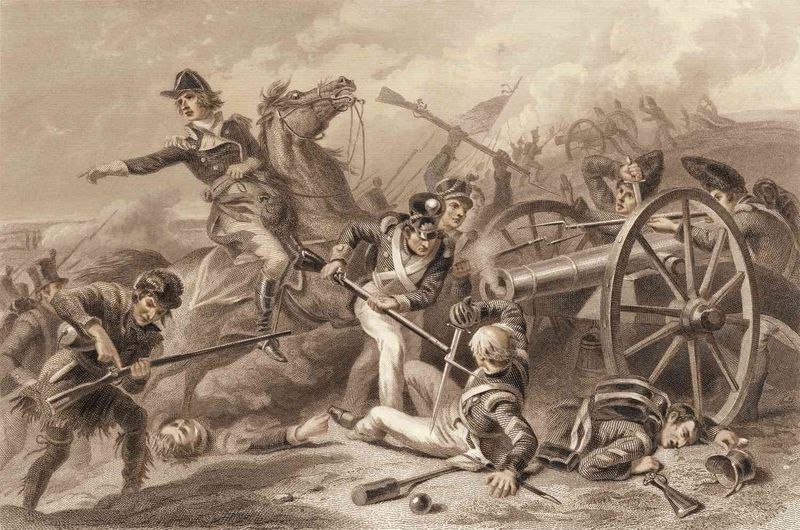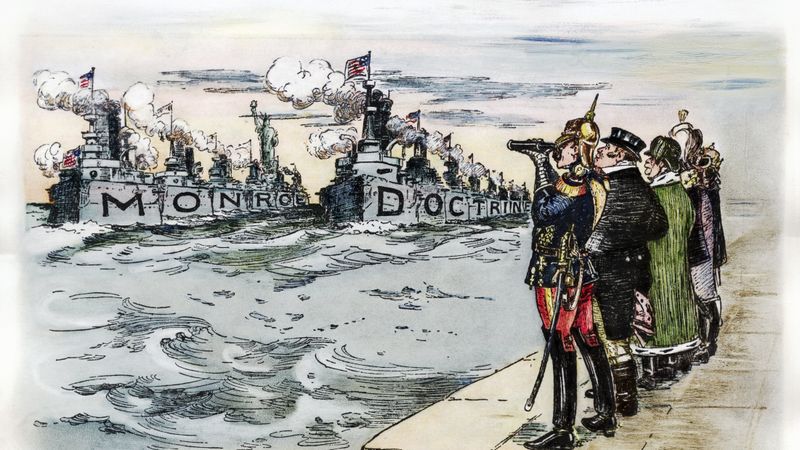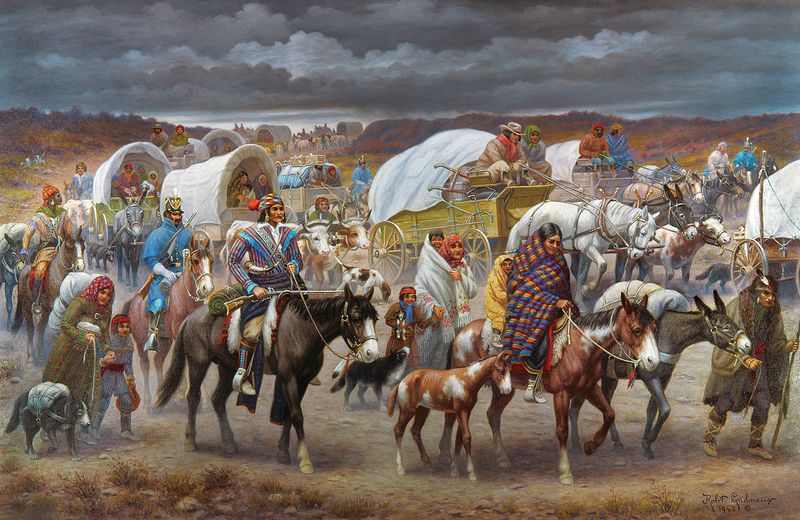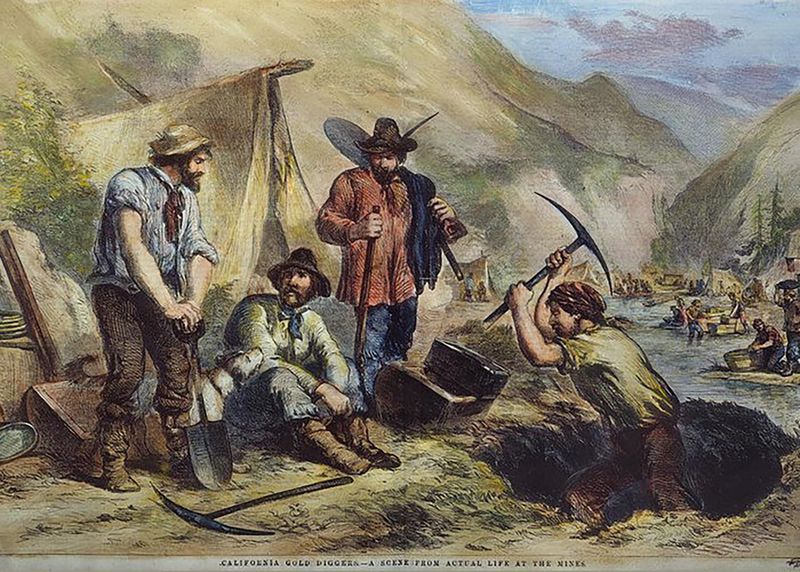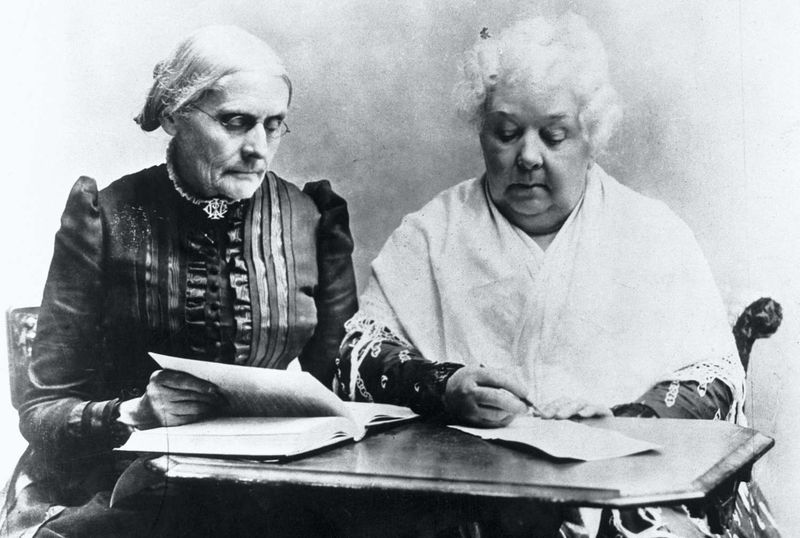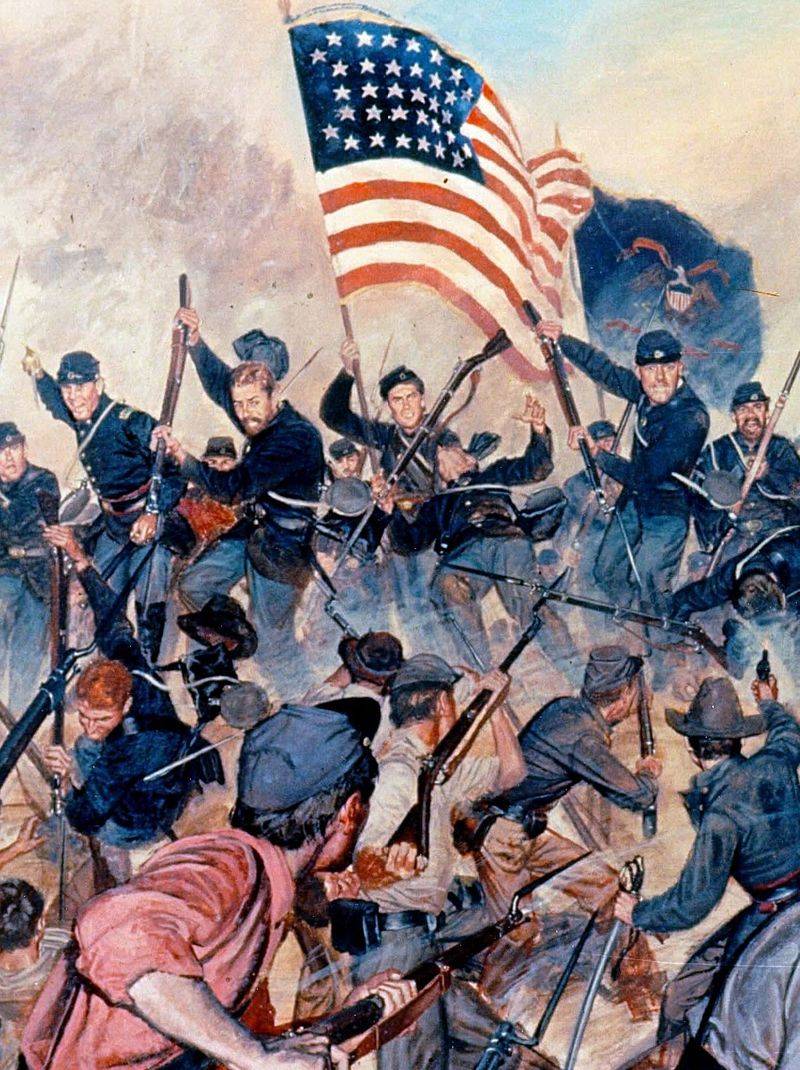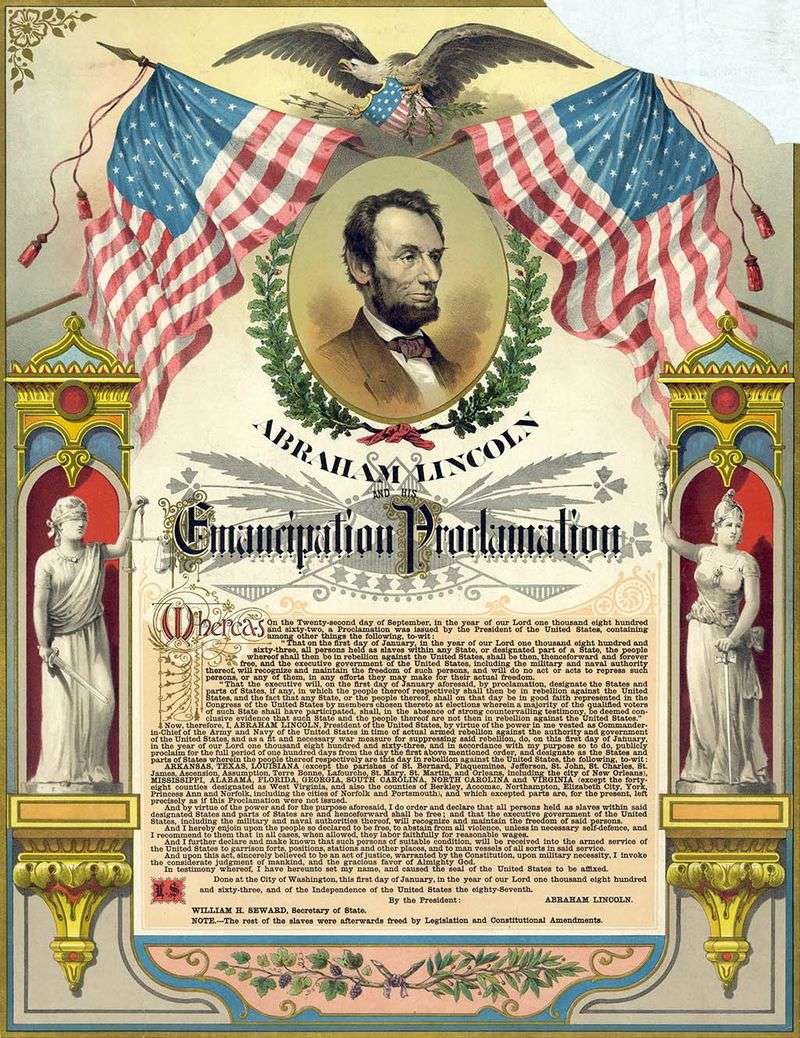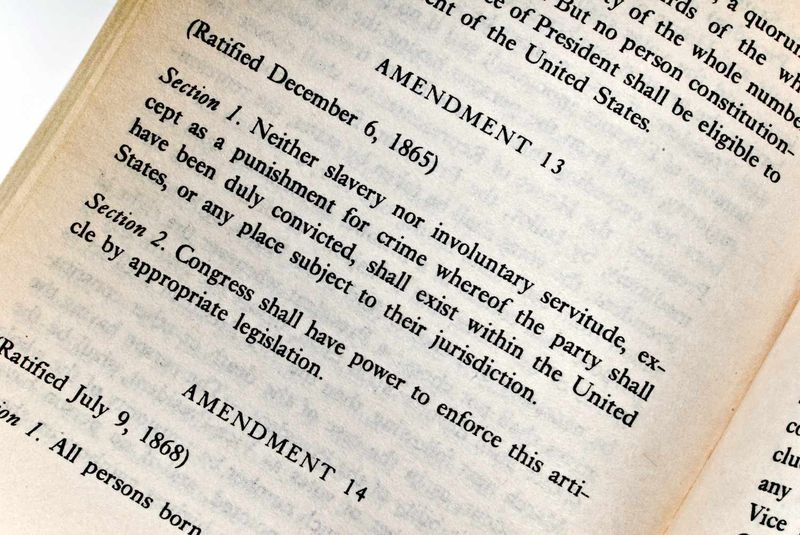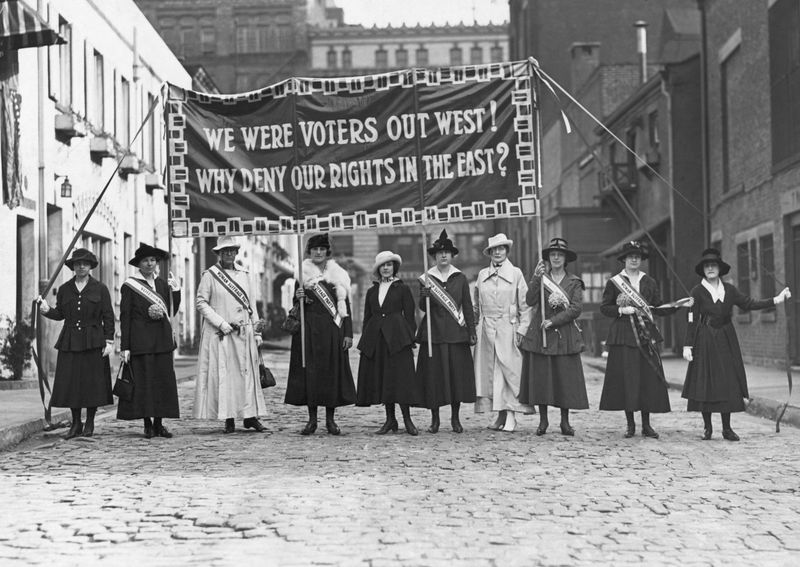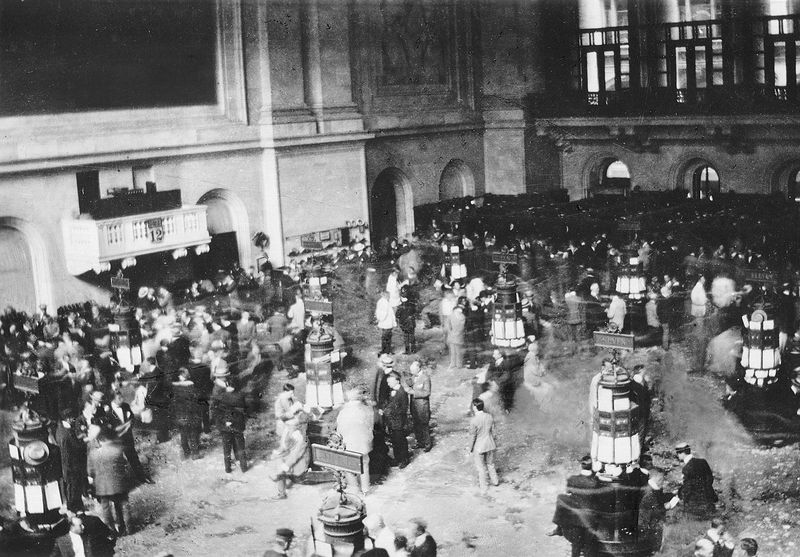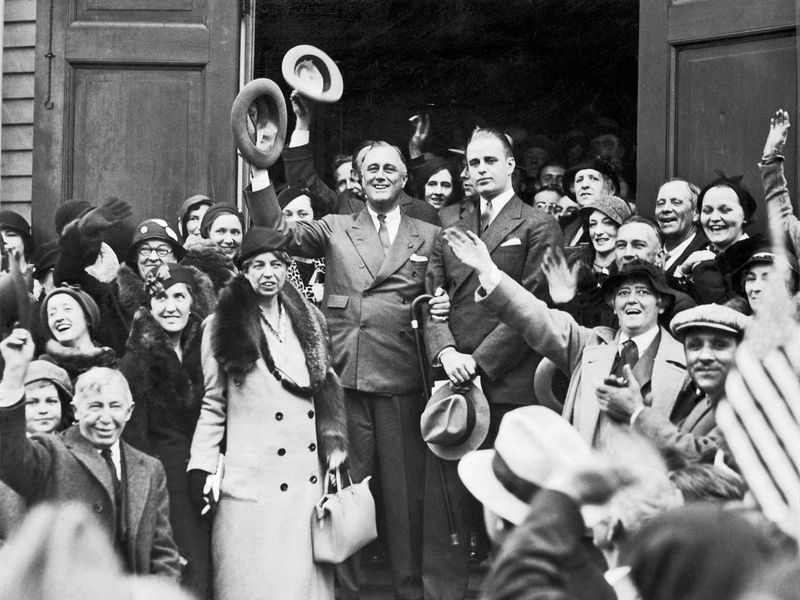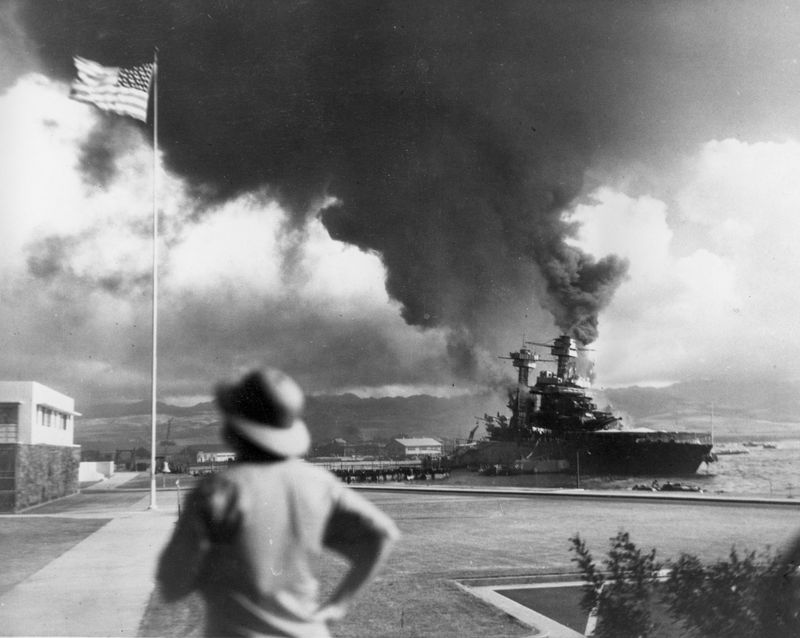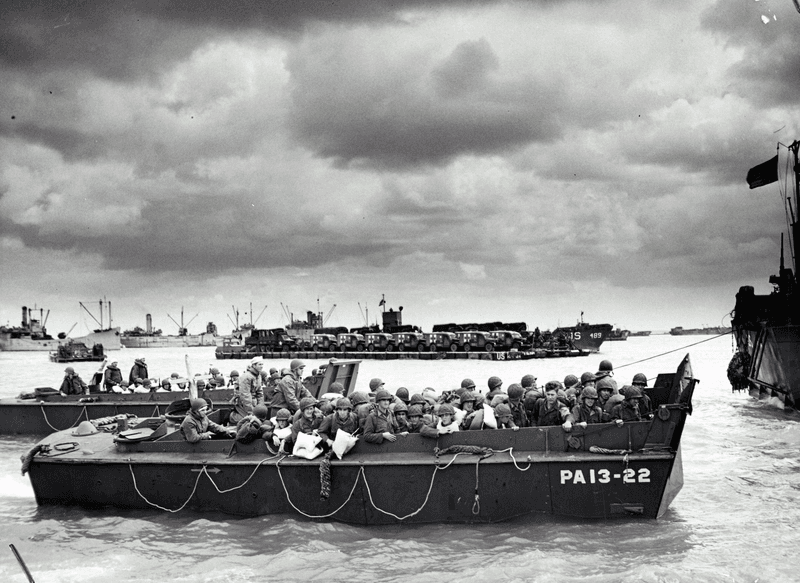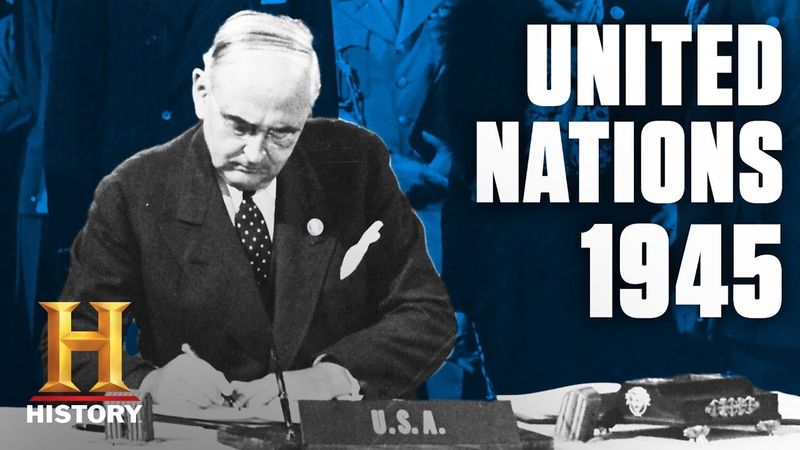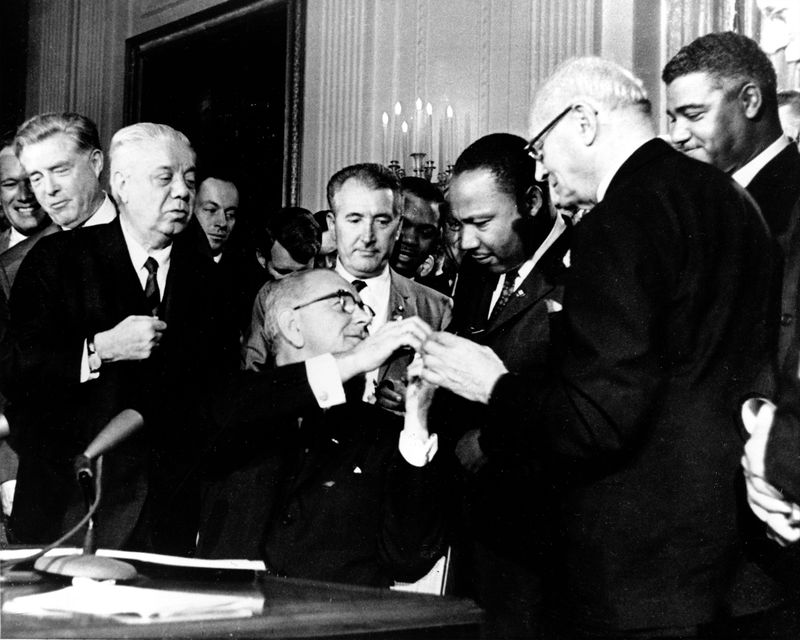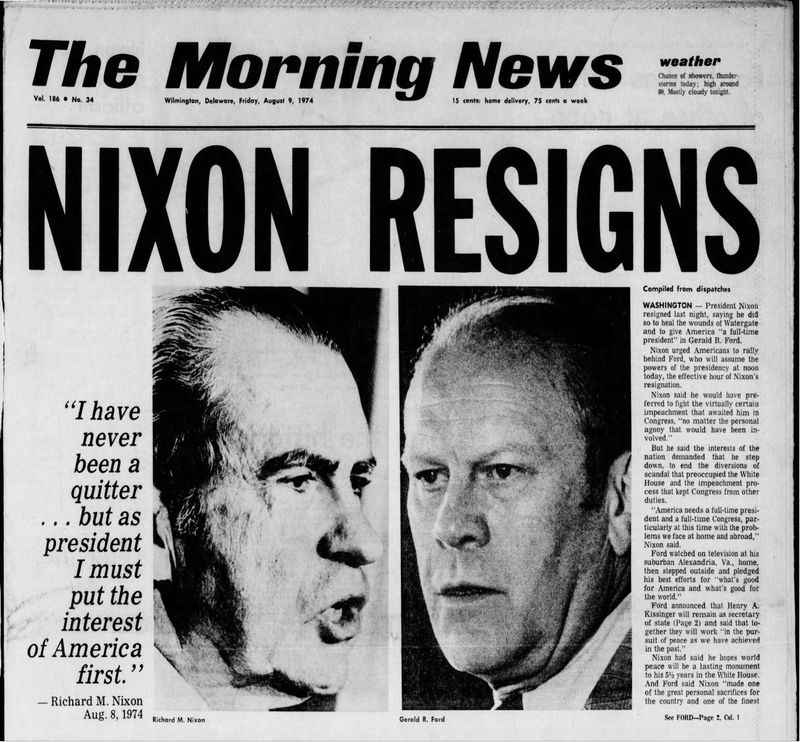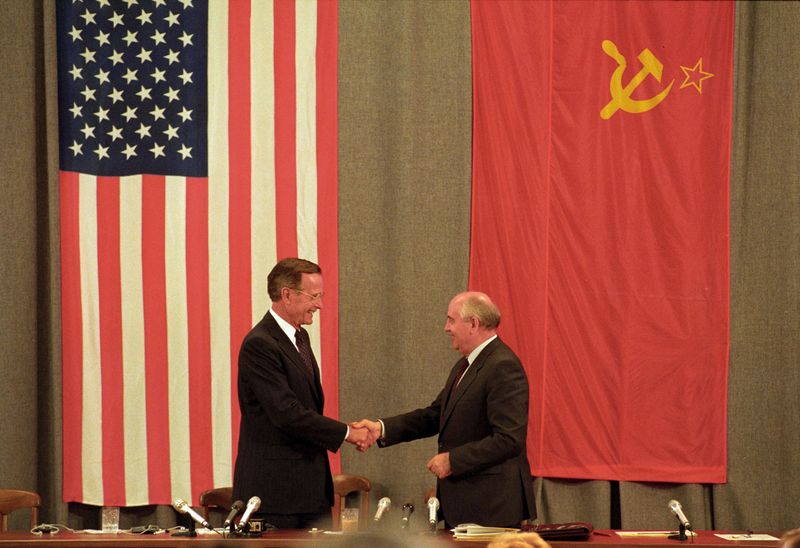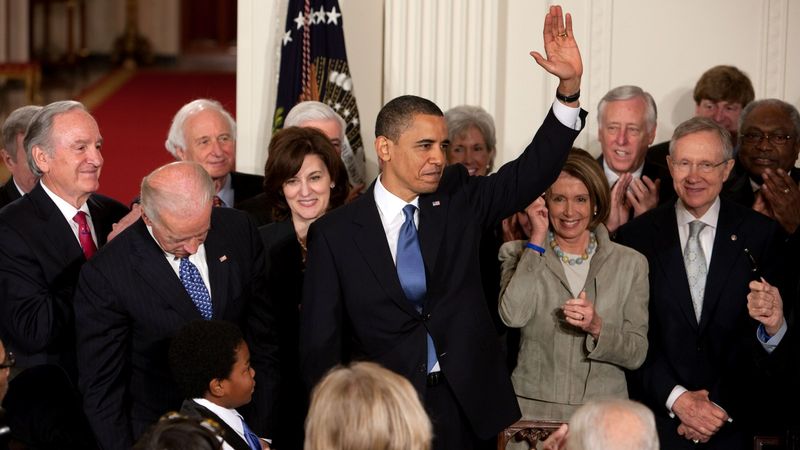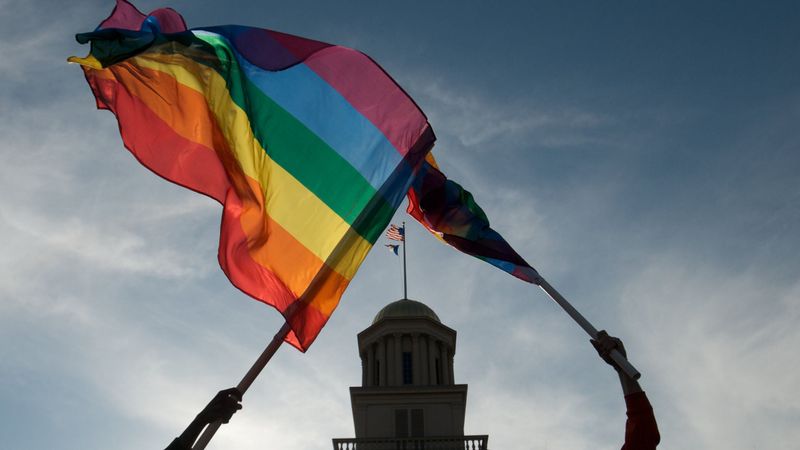The United States has been shaped by numerous historic events that have significantly impacted its culture, laws, and identity. From groundbreaking inventions to transformative social movements, each event has played a role in defining the nation’s path. This blog post explores 29 pivotal moments in U.S. history, offering a glimpse into the events that have left an indelible mark on the country.
Signing of the Declaration of Independence (1776)
The Declaration of Independence, signed in 1776, marked a defining moment in history. It was a bold assertion of freedom and sovereignty, laying the groundwork for the birth of a nation.
This iconic document, composed by Thomas Jefferson and ratified by the Continental Congress, declared the American colonies free from British rule. The signing took place in the Pennsylvania State House, now known as Independence Hall.
This act of defiance has continued to inspire countless movements for freedom and justice worldwide, symbolizing the universal pursuit of liberty and equality for all.
U.S. Constitution Ratified (1788)
In 1788, the United States Constitution was ratified, establishing the framework for the federal government. It is the world’s oldest written national constitution still in use.
The document outlines the structure of government, delineates powers, and ensures citizens’ rights. Key figures like James Madison and Alexander Hamilton played pivotal roles in its creation.
The Constitution’s principles continue to guide American democracy, embodying ideals of justice, liberty, and the rule of law. Its enduring relevance highlights the foresight of its framers and the adaptability of its provisions.
Louisiana Purchase (1803)
The Louisiana Purchase of 1803 doubled the size of the United States, significantly expanding its territory. Negotiated by Thomas Jefferson, the acquisition cost $15 million and included land from fifteen current U.S. states.
This monumental deal with France was a bargain for the burgeoning nation, providing vast resources and strategic advantages. The purchase paved the way for westward expansion, fueling the idea of Manifest Destiny.
It marked a turning point in American history, as the nation grew not only in size but also in ambition, setting the stage for future exploration and development.
War of 1812 Ends (1815)
The War of 1812, often called the ‘Second War of Independence,’ concluded in 1815. It was a conflict between the United States and Great Britain, fueled by trade restrictions and territorial disputes.
The war fostered a sense of national pride and unity, as American forces successfully defended their sovereignty. It also spurred economic independence, as the U.S. industry grew due to wartime needs.
Though peace was restored with the Treaty of Ghent, the war’s legacy remains as a testament to American resilience and determination in safeguarding its interests and autonomy.
Monroe Doctrine Issued (1823)
In 1823, President James Monroe announced the Monroe Doctrine, a cornerstone of American foreign policy. It declared that the Western Hemisphere was off-limits to European colonization.
This bold statement reinforced the United States’ growing influence and commitment to regional autonomy. The doctrine also underscored America’s role as a protector of newly independent Latin American nations.
Its principles have guided U.S. foreign policy decisions for generations, serving as a foundation for America’s stance against external interference in the Western Hemisphere, shaping hemispheric relations.
Trail of Tears (1838)
The Trail of Tears in 1838 was a devastating chapter in U.S. history. Thousands of Native Americans were forcibly removed from their ancestral lands in the southeastern United States.
The journey to designated Indian Territory, present-day Oklahoma, was fraught with hardship and tragedy, resulting in the loss of thousands of lives.
The event remains a poignant reminder of the injustices faced by indigenous peoples and the consequences of policies driven by expansionist desires, highlighting the need for reflection and healing in acknowledging this painful past.
California Gold Rush (1848)
The California Gold Rush of 1848 transformed the American West. The discovery of gold at Sutter’s Mill triggered a mass migration of prospectors, known as ‘forty-niners.’
This influx led to California’s rapid population growth and economic boom, ultimately resulting in its statehood. The Gold Rush also accelerated infrastructure development and technological advancements.
However, it brought environmental changes and conflicts with Native Americans. The promise of wealth attracted diverse groups, shaping a multicultural society. Its legacy is reflected in California’s identity as a land of opportunity and innovation.
Seneca Falls Convention (1848)
The Seneca Falls Convention of 1848 marked a pivotal moment in the women’s rights movement. Organized by Elizabeth Cady Stanton and Lucretia Mott, it was the first women’s rights convention in the United States.
The convention produced the Declaration of Sentiments, calling for equal rights, including the right to vote. This bold declaration challenged societal norms and laid the groundwork for future advocacy.
The event ignited a movement that would steadily gain momentum, ultimately leading to significant advancements in women’s rights and equality in the United States.
Civil War Begins (1861)
In 1861, the United States plunged into a brutal Civil War. The conflict arose from deep-seated divisions over slavery and states’ rights, pitting the Union against the Confederacy.
The war was defined by fierce battles, significant casualties, and profound social and political upheaval. It tested the nation’s resolve and principles, leading to the abolition of slavery and a strengthened federal government.
The Civil War’s legacy is evident in the ongoing struggle for civil rights and national unity, as it continues to shape American identity and values.
Emancipation Proclamation Issued (1863)
On January 1, 1863, President Abraham Lincoln issued the Emancipation Proclamation, a landmark decision during the Civil War. It declared all enslaved people in Confederate states to be free.
Though it didn’t immediately end slavery, it shifted the war’s focus to human rights and paved the way for the Thirteenth Amendment. The proclamation also allowed African Americans to join the Union Army.
Its impact was profound, sowing the seeds for future civil rights movements and symbolizing a commitment to equality and justice for generations to come.
13th Amendment Ratified (1865)
In 1865, the ratification of the 13th Amendment abolished slavery in the United States. This monumental achievement was a significant step towards equality and justice.
The amendment marked the culmination of years of struggle and sacrifice, fundamentally transforming the nation’s legal and social landscape. It laid the groundwork for subsequent civil rights advancements.
Despite its passage, the fight against racial discrimination and inequality continued, as the nation grappled with the challenges of reconstruction and integration, striving to fulfill the promise of liberty for all.
Women’s Suffrage Movement Gains Momentum (1920)
In 1920, the women’s suffrage movement reached a milestone with the ratification of the 19th Amendment. It granted women the right to vote, marking a significant victory for gender equality.
Decades of activism, led by figures like Susan B. Anthony and Alice Paul, culminated in this achievement. The amendment transformed the political landscape, empowering women as active participants in democracy.
The movement’s success inspired subsequent generations to continue advocating for equal rights, highlighting the enduring importance of civic engagement and the power of collective action in shaping society.
Stock Market Crash (1929)
The stock market crash of 1929 was a pivotal event that triggered the Great Depression. The sudden collapse of stock prices led to widespread economic turmoil and unemployment.
Banks failed, businesses closed, and families faced financial hardship. The crash exposed vulnerabilities in the financial system and prompted government intervention to stabilize the economy.
It served as a catalyst for significant policy changes, including the introduction of social safety nets and financial regulations. The lessons learned from this crisis continue to influence economic policies and underscore the importance of financial prudence.
New Deal Implemented (1933)
In 1933, President Franklin D. Roosevelt launched the New Deal, a series of programs aimed at reviving the U.S. economy during the Great Depression. It focused on relief, recovery, and reform.
The New Deal introduced social security, unemployment insurance, and labor rights, fundamentally transforming the relationship between government and citizens. It also spurred infrastructure development through public works projects.
While its effectiveness remains debated, the New Deal’s legacy is evident in the expanded role of government in economic regulation and social welfare, shaping modern American society and governance.
Pearl Harbor Attack (1941)
On December 7, 1941, the attack on Pearl Harbor plunged the United States into World War II. The surprise military strike by Japan targeted the U.S. Pacific Fleet stationed in Hawaii.
This devastating event resulted in significant casualties and damage, prompting a swift declaration of war. The attack galvanized the nation’s resolve, leading to widespread mobilization and unity.
Pearl Harbor became a symbol of American resilience and determination. It underscored the importance of military preparedness and global alliances, shaping U.S. foreign policy in the decades that followed.
D-Day Invasion (1944)
The D-Day invasion of June 6, 1944, was a critical turning point in World War II. Allied forces launched a massive assault on Normandy’s beaches, aiming to liberate Western Europe from Nazi control.
The operation involved meticulous planning and coordination, with troops from the U.S., UK, Canada, and other nations participating. D-Day was a significant step towards victory in Europe, as it opened a new front against Nazi Germany.
The bravery and sacrifice of those involved are remembered for their role in restoring peace and freedom, shaping the post-war landscape.
United Nations Founded (1945)
In 1945, the United Nations was established, marking a new era of international cooperation. Formed in the aftermath of World War II, it aimed to prevent future conflicts and promote global peace.
The U.S. played a leading role in its creation, emphasizing diplomacy and collective security. The UN has since become a platform for addressing global challenges, such as human rights and development.
Its founding reflects the lessons learned from war and the enduring hope for a more peaceful world, underscoring the importance of collaboration among nations in tackling global issues.
Civil Rights Act Passed (1964)
The Civil Rights Act of 1964 was a landmark piece of legislation that outlawed discrimination based on race, color, religion, sex, or national origin. It was a significant victory for the civil rights movement.
The act addressed segregation in public places, employment discrimination, and voting rights, representing a major step towards equality.
Championed by leaders like Martin Luther King Jr., it paved the way for further civil rights advancements, highlighting the power of grassroots activism and the importance of legal reforms in achieving social justice.
Moon Landing (1969)
On July 20, 1969, the Apollo 11 mission achieved the first manned moon landing. Astronauts Neil Armstrong and Buzz Aldrin became the first humans to set foot on the lunar surface.
This monumental achievement demonstrated American technological prowess and innovation during the Cold War space race. Armstrong’s words, ‘That’s one small step for man, one giant leap for mankind,’ captured the moment’s significance.
The moon landing inspired generations of scientists and explorers, emphasizing the potential of human ingenuity and collaboration in pushing the boundaries of exploration and discovery.
Watergate Scandal Unfolds (1972)
The Watergate scandal of the 1970s exposed political corruption at the highest levels of government. It began with the break-in at the Democratic National Committee headquarters and led to President Nixon’s resignation.
Investigative journalism played a crucial role in uncovering the truth, highlighting the importance of a free press. The scandal resulted in legal and political reforms, including greater transparency and accountability.
Watergate underscored the fragility of democratic institutions and the necessity of vigilance in safeguarding them, leaving a lasting impact on American political culture and ethics.
End of the Cold War (1991)
The end of the Cold War in 1991 marked a turning point in global politics. The dissolution of the Soviet Union led to a new era of cooperation and the end of decades-long tensions.
This period was characterized by nuclear arms reduction agreements and greater collaboration on international issues. The U.S. emerged as a dominant global power, influencing the post-Cold War order.
The end of the Cold War paved the way for new geopolitical dynamics, emphasizing the importance of diplomacy and the potential for peaceful resolution of conflicts in the international arena.
9/11 Terrorist Attacks (2001)
On September 11, 2001, the United States faced devastating terrorist attacks. Hijackers crashed planes into the World Trade Center and the Pentagon, resulting in immense loss of life and destruction.
The attacks united the nation in grief and resolve, prompting significant changes in national security and foreign policy. The U.S. launched the War on Terror, leading to prolonged military engagements in Afghanistan and Iraq.
9/11’s impact is profound, shaping American society and policies, while underscoring the need for vigilance and resilience in addressing global threats to peace and security.
Hurricane Katrina (2005)
In 2005, Hurricane Katrina devastated the Gulf Coast, particularly New Orleans. The storm’s aftermath exposed vulnerabilities in disaster preparedness and response.
Thousands were displaced, and the city’s infrastructure suffered extensive damage. The disaster highlighted issues of social inequality and environmental challenges.
Katrina prompted reforms in emergency management policies and emphasized the importance of community resilience and sustainable urban planning. Its impact remains a sobering reminder of the challenges posed by natural disasters and the need for comprehensive preparedness and response strategies.
Obama Elected as President (2008)
In 2008, Barack Obama was elected as the first African American President of the United States. His campaign centered on themes of hope and change, resonating with diverse groups across the nation.
Obama’s election marked a significant milestone in American history, reflecting progress in racial equality and inspiring future generations. His presidency focused on issues like healthcare reform and economic recovery.
Obama’s legacy is multifaceted, encompassing achievements and challenges, but his election remains a symbol of the evolving American identity and the ongoing pursuit of the country’s founding ideals.
Affordable Care Act Passed (2010)
The passage of the Affordable Care Act in 2010 marked a significant overhaul of the U.S. healthcare system. Often referred to as ‘Obamacare,’ it aimed to increase access to healthcare and reduce costs.
The legislation expanded Medicaid, established health insurance exchanges, and prohibited denial of coverage for pre-existing conditions. Its implementation faced political challenges but led to increased insurance coverage.
The Affordable Care Act remains a focal point of healthcare debates, highlighting the ongoing struggle to balance access, quality, and cost in American healthcare policy. It underscores the importance of healthcare as a fundamental right.
Same-Sex Marriage Legalized (2015)
In 2015, the U.S. Supreme Court legalized same-sex marriage nationwide, a monumental victory for LGBTQ+ rights. The decision in Obergefell v. Hodges affirmed that marriage is a fundamental right for all.
This landmark ruling celebrated love and equality, reflecting societal shifts towards acceptance and inclusion. Advocates and activists who fought for decades saw their efforts rewarded.
The legalization of same-sex marriage symbolizes the progress made in recognizing and protecting the rights of LGBTQ+ individuals, emphasizing the importance of equality and justice in a diverse society.
COVID-19 Pandemic (2020)
The COVID-19 pandemic of 2020 has been a defining global crisis, impacting every aspect of life. Originating in Wuhan, the virus spread rapidly, leading to widespread illness and loss of life.
The pandemic challenged healthcare systems, economies, and communities, prompting unprecedented responses, including lockdowns and vaccine development. It underscored the importance of global health collaboration and preparedness.
In the United States, COVID-19 exposed social and economic disparities, prompting discussions on public health policy and resilience. The pandemic’s lessons continue to shape responses to future global health challenges.
